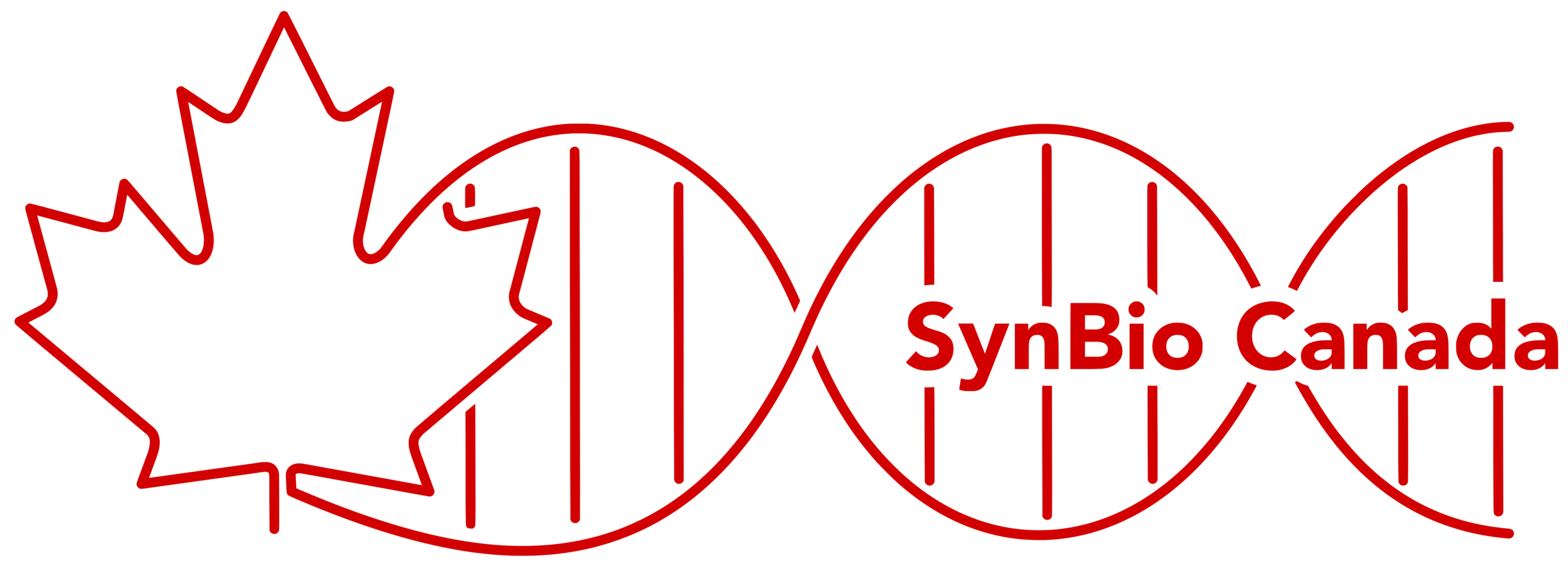We're a newly established lab looking at how proteins behave at solid interfaces. Most of our understanding of protein science comes from fluid environments. However, solids are another incredibly relevant medium to modern biotech applications, and we don't yet have a strong understanding of how proteins interact with them.
Read MoreDr. Hallam directs the ECOSCOPE innovation ecosystem consisting of an NSERC CREATE training program, a research network, a core facility for high-throughput screening and a curriculum development initiative in data science based on four research and training pillars.
Read MoreWe are utilizing Synthetic Biology tools for improving the productivity of agricultural crops. Specifically, we apply precise gene editing tools to improve tolerance to pests, diseases and abiotic stress of economically important agricultural crops, such as wheat, canola and pulse.
Read MoreResearch in the Karas lab is focused on developing innovative genetic tools to enable the engineering of microbes to produce medicines, DNA storage technologies, food and next-generation fuels.
Read MoreBioZone aims to use Bioengineering to create a sustainable world by making industrial processes more sustainable, remediating humanity's environmental impact, and improving health outcome.
Read MoreSynthetic biology strategies for the biosynthesis of fine chemicals, especially lipid-based drugs and biofuels
Read MoreWe aim to engineer microalgae to produce proteins for medical and industrial uses as well as engineer metabolic pathways in microbial platforms for the production of isoprenoids.
Read MoreThe principal theme of Prof. Yadav’s research is the utilization of metabolic & enzyme engineering to investigate and customize novel biosynthetic enzymes that can convert biomass-derived feedstocks into value-added chemicals.
Read More







